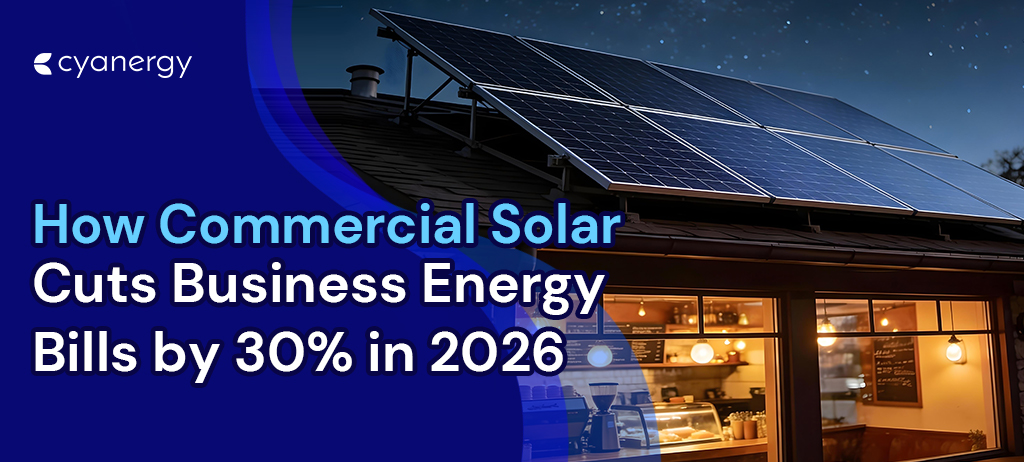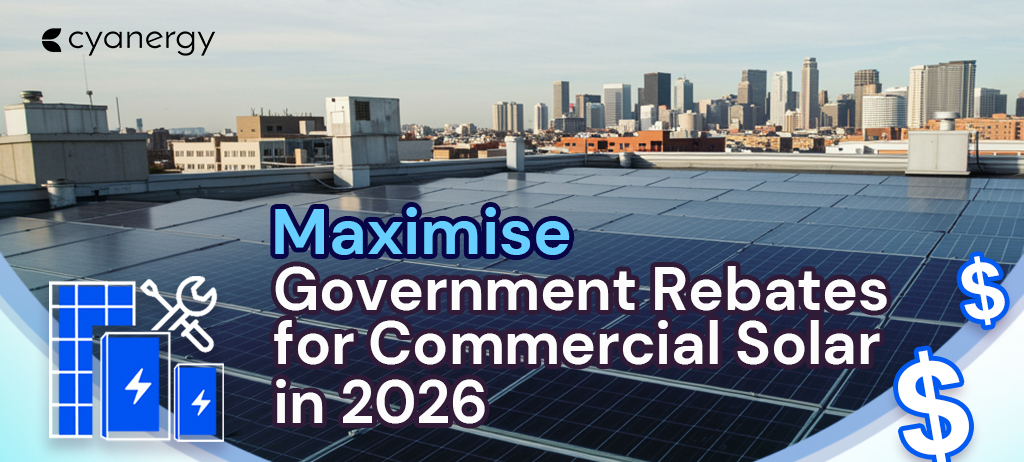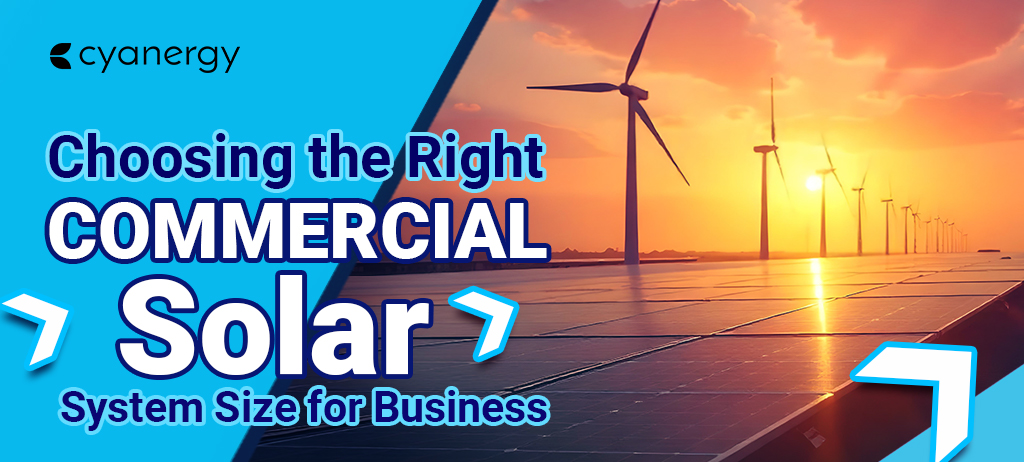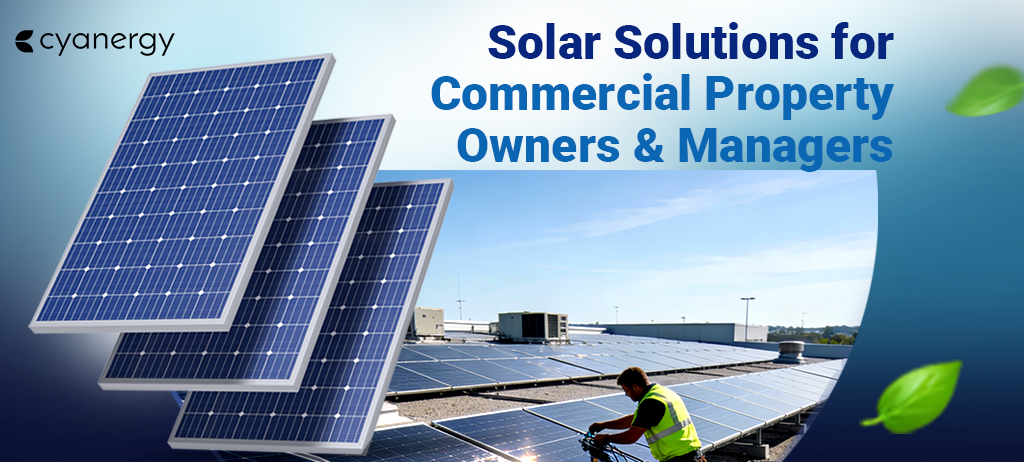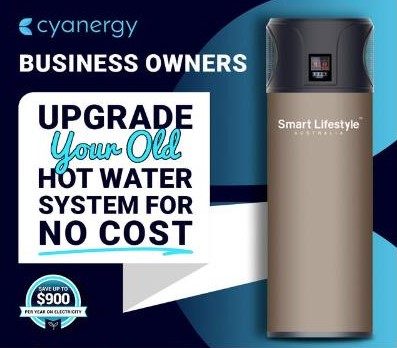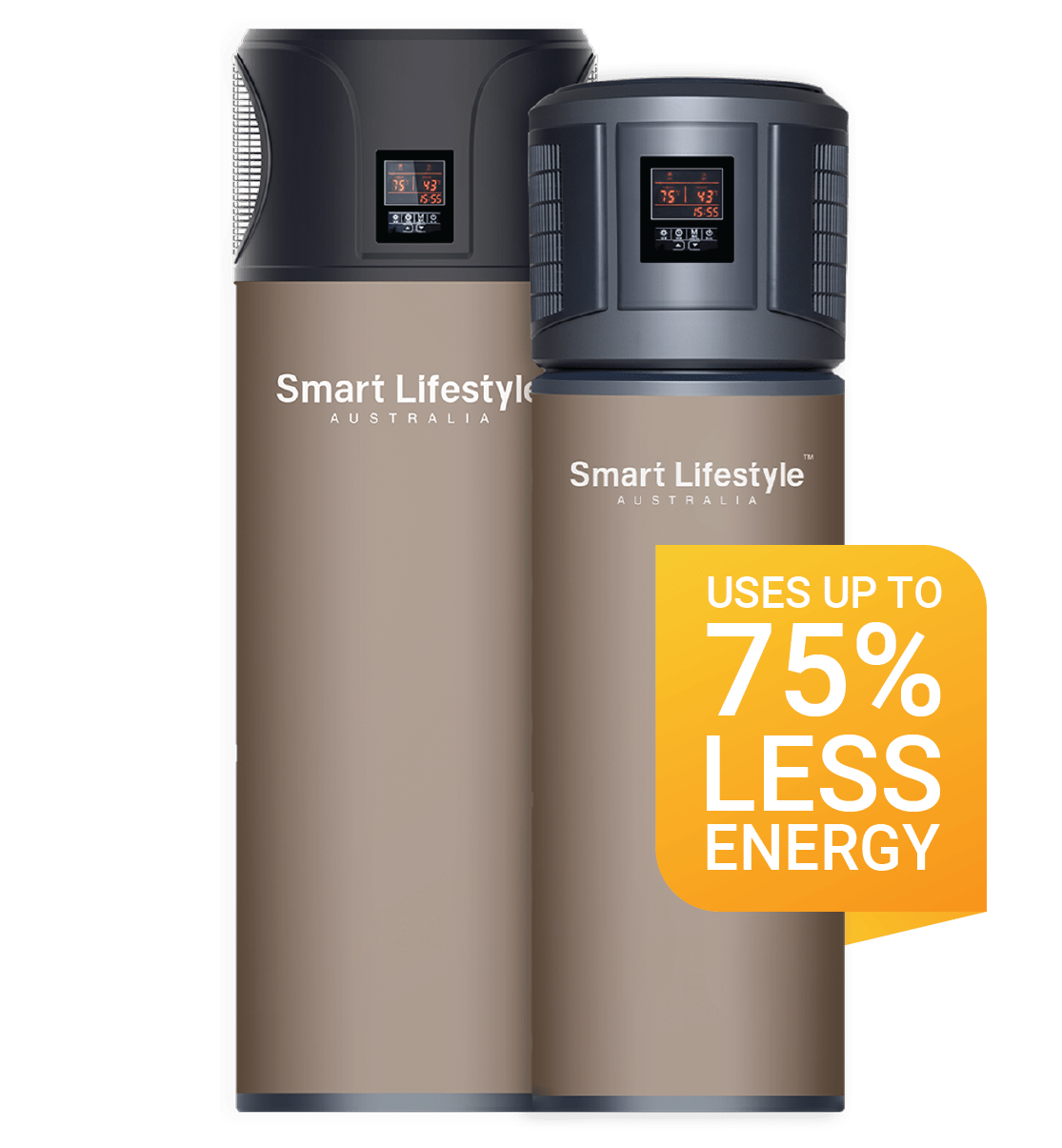Heating, cooling, and air conditioning (HVAC) can take up a big chunk of your energy bill, sometimes even half.
Especially for places like stores, offices, and hotels, HVAC is usually the most significant part of their energy bill. So, how can you maximize HVAC efficiency for your Australian Business?
There are ways to use less energy for heating and cooling if you upgrade your HVAC system.
- Lower your energy bill
- Spend less on maintenance
- Make it more comfortable for your workers
- Reduce the amount of carbon you release into the air.
Efficient HVAC Systems
Efficient HVAC units for businesses are fundamental in Australia. They help make workplaces comfy and productive by controlling temperatures, improving air quality, and reducing energy costs.
There are different types of commercial air conditioning units or commercial heat pumps to choose from, depending on the size and needs of your business. Whether you have a small shop or a big office, there’s a unit that’ll work for you.
When picking an air conditioning or heat pump, think about how efficient it is, how much maintenance it requires, and how long it’ll last.
Even though more efficient units might cost more initially, they’ll save you a lot on energy bills over time, which is good for the environment.
Getting efficient commercial HVAC units improves your workspace and helps Australia achieve a more sustainable future.
Key Overview:
- Suitable air conditioning units are essential for making workplaces comfortable and productive in Australia.
- Picking the best unit can improve air quality and save on energy costs.
- Consider efficiency, maintenance, and lifespan when choosing an air conditioning unit.
- Getting efficient units helps your business be more environmentally friendly.
Firstly, Do An Energy Audit
Ask other businesses and industry groups for advice to determine if heating, cooling, and air conditioning cost you a lot.
A commercial energy audit is the best way to know where you use energy most. An energy expert can look at your energy bills and how your business works to see where you’re losing energy and how to fix it.
Find someone who can audit your energy use nearby, like Cyanergy.
How To Efficiently Use Heating, Cooling, and Air Conditioning (HVAC)

Regular Maintenance
If you don’t take care of your heating and cooling system regularly, it can use up to 30% more energy. Regular maintenance cuts down on energy costs and makes your system last longer.
Have a qualified technician do routine maintenance.
- Check regularly that:
- Valves are working right
- Insulation isn’t damaged
- Outside grills aren’t blocked
- Fan belts are lubricated
- Refrigerant levels and gas aren’t leaking
- There are no leaks in your ducting.
Benefits:
- Businesses that keep up with maintenance and repairs:
- Spent $100,000 to get started
- Saved over $40,000 each year
- It took less than 2.5 years to make their money back
- Cut 150 tonnes of greenhouse gas emissions each year.
Add Meters to Your System
Add an energy monitor to your system to see how much energy it uses.
These meters can tell you how much energy your system uses and when it’s used. By looking at this data, you can see if your equipment is working well.
You might realize you can use smaller equipment or determine when it needs fixing.
Benefits:
- Businesses that keep up with maintenance and repairs:
- Spent less than $60,000 to get started
- Saved over $20,000 each year
- It took less than 2.5 years to make their money back
- Cut 100 tonnes of greenhouse gas emissions each year.
Add Insulation and Block Drafts in Your Building
Putting in insulation and stopping drafts in your building can cut your heating and cooling bills by as much as 40%.
It also makes your building better for your workers. When using your heating and cooling system, save a lot on your energy bills by ensuring doors and windows are closed.
Benefits:
Businesses that keep up with maintenance and repairs:
- Spent $100,000 to get started
- Saved over $40,000 each year
- It took less than 2.5 years to make their money back
- Cut 150 tonnes of greenhouse gas emissions each year.
Set Up Timers and Controls For Your System
Timers and controls will turn your system on and off automatically. This stops you from wasting energy to heat or cool a space.
The best way to save energy with your heating and cooling system is to adjust your thermostat based on the season.
Set the thermostat to:
- 24 °C in summer
- 20 °C in winter
Benefits:
- Businesses that keep up with maintenance and repairs:
- Spent less than $30,000 to get started
- Saved $9,000 each year
- It took three years to make their money back
- Saved more than 60 tonnes of greenhouse gas emissions each year.
Switch to A System That Saves More Energy
If your system is older than ten years, it’s time to get a new one. New heating and cooling systems can be 20–40% better at saving energy than old ones. Check for the label that shows how much energy it saves.
Benefits:
- Businesses that keep up with maintenance and repairs:
- Spent less than $240,000 to get started
- Saved over $30,000 each year
- It took seven years to make their money back
- Saved 120 tonnes of greenhouse gas emissions each year.
Selecting the Best Commercial Air Conditioner for Your Business
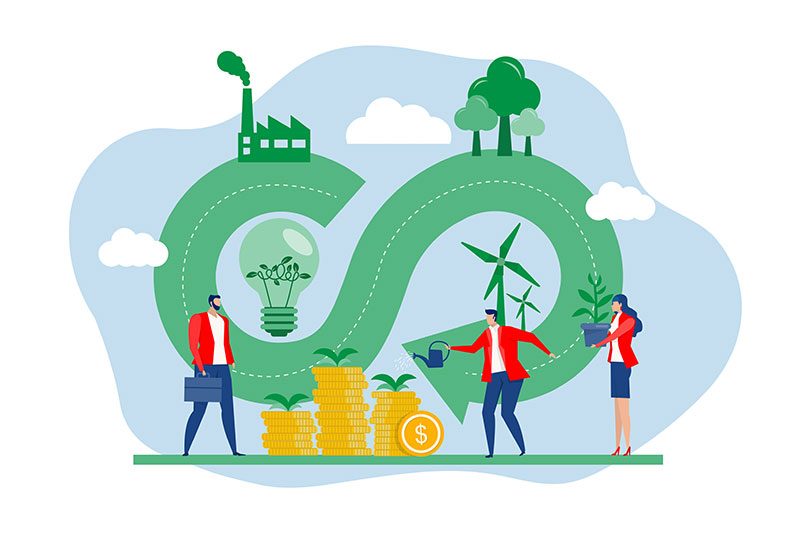
Consider a few things when choosing the right air conditioning system for your workplace. Consider the area of your space, how many people work there, and what kind of cooling your business needs.
It’s essential to look for a cooling system that saves energy. You can decrease costs and help the environment by using less power.
A quality air cooling system is essential for a comfy and productive workplace. Take time to find the right one for your business; you’ll see benefits like happier employees and better efficiency.
Better Productivity with Commercial Air Conditioning
Air conditioning systems are super important for making work more accessible. They keep indoor temperatures comfy so employees can focus on tasks without problems. Plus, they help keep the air clean, which reduces the chances of people getting sick and missing work.
There are different types of commercial air conditioning systems available:
- Split System Air Conditioning: Two parts are outside and one inside. It is best for smaller spaces.
- Ducted Air Conditioning: Sends cool air through hidden ducts in walls or ceilings, which is excellent for monumental buildings.
- VRF/VRV Systems: Use one outdoor unit connected to several indoor ones, giving you flexibility and saving energy.
When choosing an air conditioning system, think about energy efficiency, how much maintenance it needs, and how powerful it is. Keeping your system well-maintained is essential, too.
This helps it run smoothly, saves energy, and prevents breakdowns. Regular tasks like cleaning filters and checking refrigerant levels are essential.
Air conditioning systems are vital for making workplaces comfortable and efficient. Businesses can ensure their employees stay focused and happy by picking and caring for the right one.
Heat Pumps at Work
How can a heat pump help manage your business property better? Let’s have a closer look at how this technology can benefit different types of businesses in Australia:
Retail Stores
Keeping a comfy shopping environment is crucial for retail stores. Heat pumps ensure your space stays excellent for customers all year round. Plus, you can invest more in growing your business with energy savings.
Restaurants and Cafes
Restaurants and cafes need to control the temperature to ensure customer comfort and freshness of food. Heat pumps give precise control over the temperature.
Offices
Comfortable office temperatures can make employees happier and more productive, thanks to heat pumps.
Hotels
Hotels must keep guests comfy, so controlling the room temperature is essential. Heat pumps are great for hotels as they keep guest rooms just right while saving on costs.
Manufacturing Facilities
In places where specific temperatures and humidity levels are essential, like manufacturing facilities, heat pumps can provide precisely what’s needed for quality control and product safety.
How much you save by switching to a heat pump depends on the size of your property, your current heating system, and energy prices in your area.
However, businesses usually save around 30% to 50% on energy bills when they switch to heat pumps.
To figure out how much you might save, consider how efficient the system is, how much energy you use, and whether government incentives or rebates are available.
For a more accurate estimate tailored to your situation, you can get an energy audit from Cyanergy.
